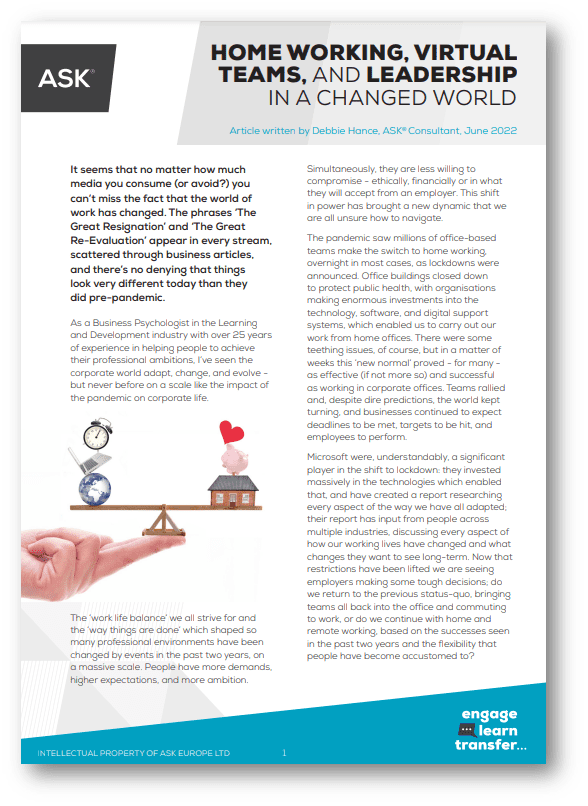Leadership and the generational shift
These whippersnappers want change
We’ve all seen the articles and internet memes about the trouble with millennials, who are killing the housing market, killing pensions and killing the way business is done – but is change really a death? If so, have we reached a day in which we announce the King is dead; Long Live the King?
Let’s look at the realities of generational shift in business and leadership, and the positive impact of fresh blood – before the fears of Gen Z begin and go even further than the global dismissal of Millennials as serious, successful business leaders already did.
This is certainly true – but change isn’t the same as death; nor is saying “let’s try this new approach” the same as saying “your way sucks, old dude”. Business, in any age and at any age, is about monitoring the successes and failures of everything we do and adapting our output to meet the changing and evolving needs of our customer base.
Leaders who can predict, monitor, and respond to changes – and who can proactively adapt their business to meet those changing needs – are successful. Not because they are young, because they want to sabotage the traditional business methods, or because they haven’t the focus and knowledge that serious business requires.
Quite the opposite – certainly, younger people have grown up in a world where attention spans are shorter – but they have also grown in a world where all and any information and knowledge is just the touch of a button away; when people have access to all of the world’s knowledge, they internalise and appreciate it – these new, fresh leaders of tomorrow might seem flighty, but in reality, they are simply used to seeing fast responses to their needs, and to finding quick, efficient answers to problems.
Rather than seeing this as a short attention span, instead see the positives of a person accustomed to getting answers, finding solutions, and working around challenges rapidly – because your organisation can only benefit from responding to customer needs more efficiently, and predicting those needs before they come to you.
Young leaders have new ideas
Sometimes, long standing leadership teams find that they have been repeating the same patterns for years, without really thinking about it. The way things are done remains steady, because it’s the way things have always been done.
Of course, there are positives to a steady routine – but younger leaders entering the workforce aren’t looking to change things simply because they feel entitled and self-important; they can see new, effective methodologies, have understandings of new technologies, and have their finger on the pulse of global communications so can see what everyone else is doing, what’s working, what’s not. This gives them the ideal combination of skills, experience and knowledge to bring impactful, successful ideas into your organisation.
Rather than brushing it off as pushy nonsense, trial some of their suggestions; you never know, it could revolutionise your organisation, free up lots of time for your team to explore other new revenue streams, or just to commit to better customer service. New doesn’t always mean better – but if you never try new things, you’ll never progress. Don’t keep things the same out of fear, or the world will change around you and you’ll be left behind.
Shake up the status quo
Bringing one new leader into an established team can make it hard work for them to manage any significant, effective change – because they’re battling against a wall of ‘we have always done it this way’ and ‘we see no reason to change’.
Here’s the thing; change is progress – and progress is what keeps bringing in more business, maintains the interest of your existing customer base, and keeps you at the forefront of your industry.
When a new leader enters the team, consider juggling around some of the responsibilities the leadership team share; shuffle employees, share projects, blend the knowledge and experience you already benefit from and see if the new teams you create can revolutionise your methods and bring in new business.
Contact our consulting team at hello@askeurope.com today and book a no-obligation conversation face-to-face or over the phone about your leadership development requirements or you can call us on 01234 757575




